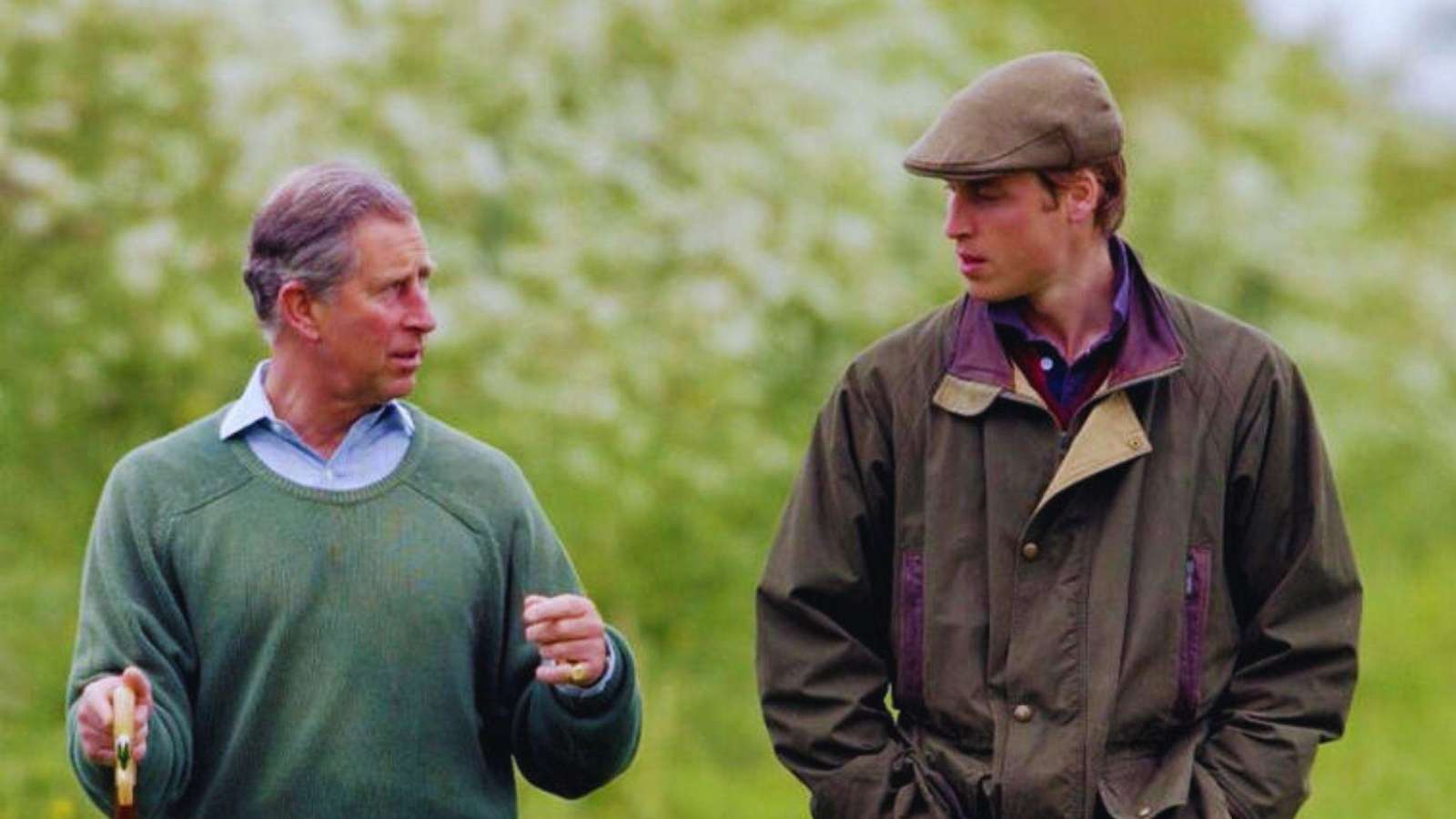A lovely four-year-old child and her grandmother were killed in one of Bolton's most heinous crimes, and a firefighter was gravely hurt while he frantically attempted to save them.
With a daughter traveling from Australia to see her parents, what should have been a joyful family reunion devolved into the most unthinkable and devastating catastrophe.
A wheelie bin was shoved against their home before it was set on fire in an arson attack with a racially motivated motive.
Those responsible have not been caught - but police continue to appeal for information and have not closed the case.
Now the mother, whose daughter died as as result of the fire which engulfed the home, has written a book speaking bravely about what happened to her family to help others experience loss.
Saima Hameeda Mumtaz had travelled to Bolton on holiday to visit her mum Hameeda Begum and dad Mumtaz Chishty with her four-year-old daughter Alana.
The two were staying at the family home on Little Holme Walk in Great Lever and late on June 23, 2008, a wheelie bin was pushed against the house and set alight.
A blaze ripped through the house and smoke spread across the property, trapping Saima, Alana along with Saima's parents.
Firefighters rescued all four of them from the house but tragically Hameeda, 71, died an hour- and-half later after being taken to hospital.
Little Alana died five weeks later from her injuries.
Saima, 24 at the time, was put in an induced coma for three weeks and when she woke up in hospital, she could not move her limbs and had suffered third degree burns all over her body and a collapsed lung.
One of the firefighters at the scene, Steve Morris, was seriously injured and suffered 50 per cent burns in the incident.
Police are treating the attack as racially motivated and are offering £50,000 for information which leads to the arrest and conviction of those responsible.
Saima has penned The Returned Soul: A grieving mother's pain, sixteen years later, detailing her experiences and finding peace in her religion.
7 years and no justice as £50,000 reward is still unclaimed over double death fire
Saima said: “The process of writing was so draining, having to recall everything again. It was a long process, years, of having to pluck up the courage, decide where to start and to begin.
“I made a start on it myself, I did it in sections and had to stop and take breaks to collect myself and then move on to the next chapter. It’s not a biography, it details the incident itself.
“I can’t remember the events before, so the book begins from when I woke up from the coma, how I felt.
"I didn’t remember much, even to this day, when I woke up from the induced coma, but I don’t remember the days leading up to it – the fire service said it was my body’s mechanism to protect itself.
“When I woke up, I had no recollection of what had happened. For all I knew, I’d just gone into a day surgery.
"I had no idea about my mother and daughter, my family kept reassuring me that they were okay, so that I didn’t go into shock because of how critical I was.
“I was thinking that, of course they’re both fine, they’re probably just waiting for me to come home.
“I can remember my mother’s last moments; she was screaming out to me. She was saying that she was going to die.
“When I found out that both had passed, it was like I never got the chance to grieve, to share my feelings and experiences and what I went through. These feelings were just building up inside me like a pressure cooker.
“I wanted a way to let it out and connect with people who’ve had similar experience in life, this book was a way for me to do that.
“My family didn’t understand, they didn’t know how to cope with it either. I went through depression, and I felt that writing a book would help me express what I was going through, release the stress and tension.
“Maybe someone else could read it, find some comfort, and realise they’re not alone.
“For so many years I felt alone, even though I’m surrounded by family - they couldn’t understand until you haven’t gone through something yourself, you don’t know how it feels. "They hadn’t seen their last moments that I saw in the house, my mother screaming and my father, who wasn’t able to get back into the house after he escaped.
“I struggled with depression for many years, along with insomnia. Then, something shifted within me—I believe it was God.
“As a Muslim from a religious family, I had always known the importance of prayer, but I found it hard to focus on it during those difficult times. Eventually, I realized I needed to turn back to God, as I felt no one else could truly understand what I had been through.
“By embracing my faith again—praying daily—I began to feel a sense of peace I hadn’t felt in years. It gave me something solid to hold on to.
“In the end, I realized that having hope is essential.
“We will eternally live together. It’s all in the book, moment I woke up, what I lived, what I saw. I felt my soul was put back into my body again – hence the name of the book."
Saima added: “The doctors were shocked that I was alive, he said that I’d been taken out of my grave.He looked like I was a miracle sitting in front of him.
“ Grieving takes time, and it’s crucial because bottling it up can destroy you inside.
“As a Muslim woman, I’ve written this book for anyone who’s experienced similar pain and loss. You’re not alone—hold on to what gives you hope. You never forget, but you learn to live with it. If I can survive losing my only child and find peace again, so can you.
“My faith has been my anchor. I believe that if God brought me to this, He will guide me through it. The hope that my child is waiting for me at the gates of heaven, refusing to enter until I arrive, keeps me going.
“Holding on to my religion has given me strength. I believe I will see Alana again, and no one will ever separate us. That belief is the rope I cling to every day.
“I hope my book serves as a gift to other grieving parents. If it can help even one person, then it’s worth it. You can make it through this and still live your life, though it may never be the same as it once was.
“I want to spread the message to help people like myself and raise awareness about what’s happening in our community.
"If anyone remembers something or knows of someone who can help, I encourage them to come forward. I would be deeply grateful.
“Please don’t lose hope—stay strong. And if you believe, whatever your faith may be, draw closer to it, because it will never let you down."
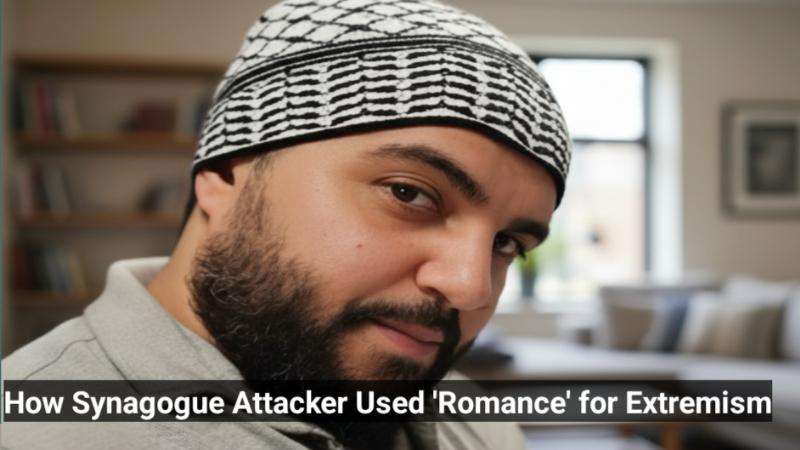
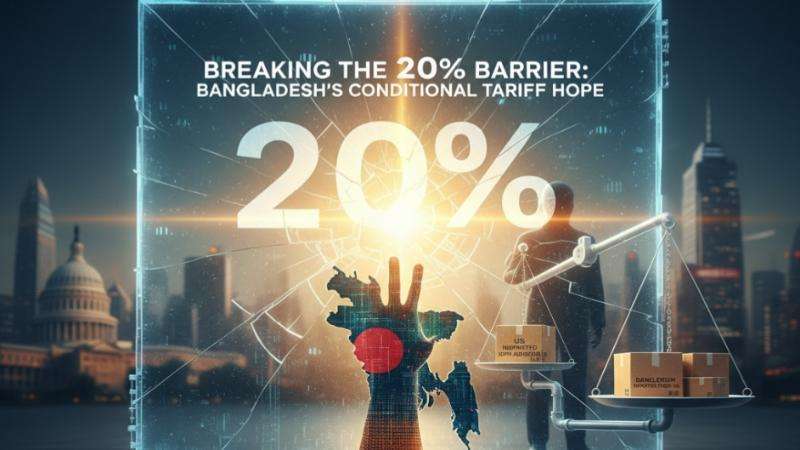
_3.jpg)
_4.jpg)
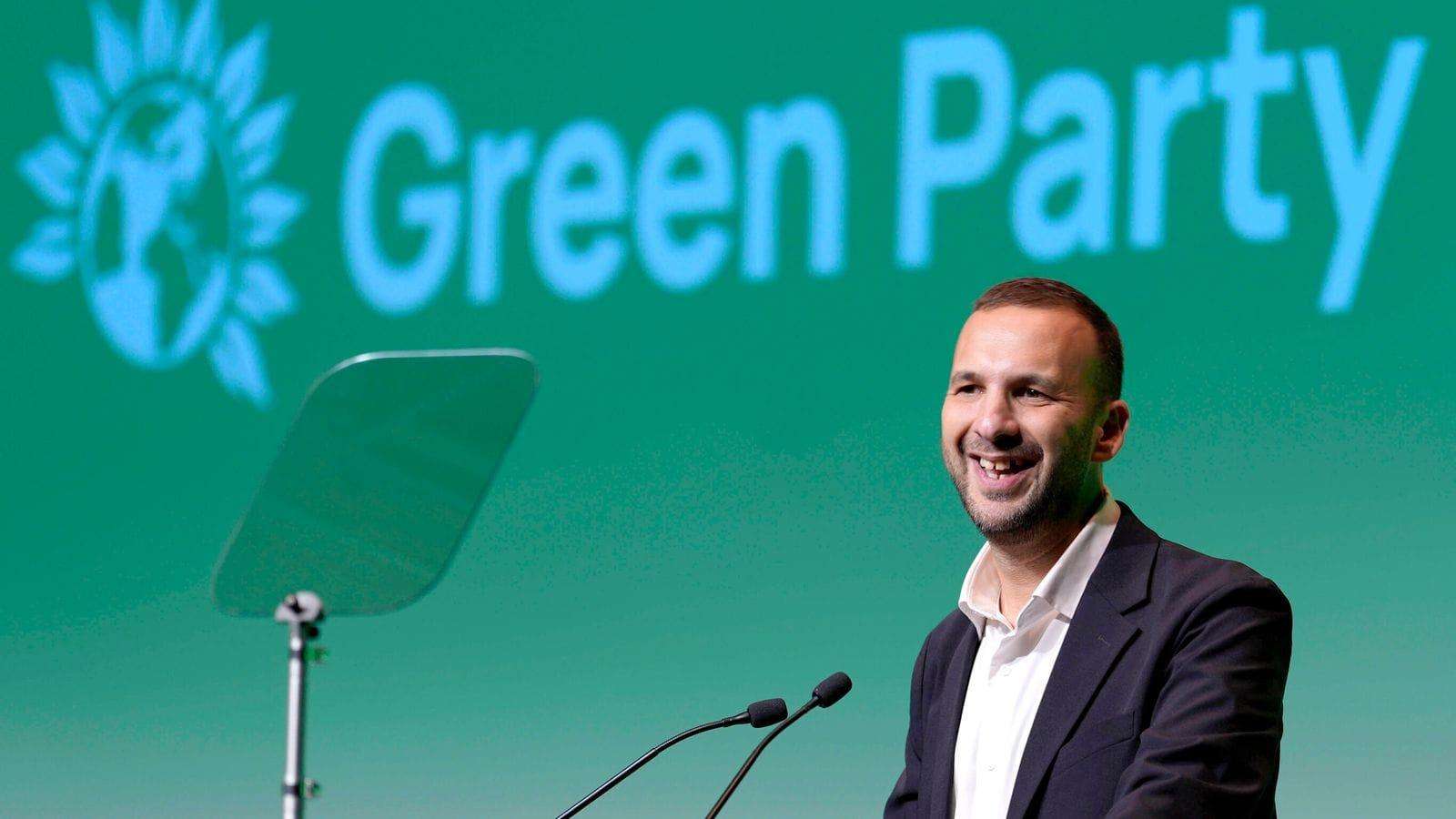


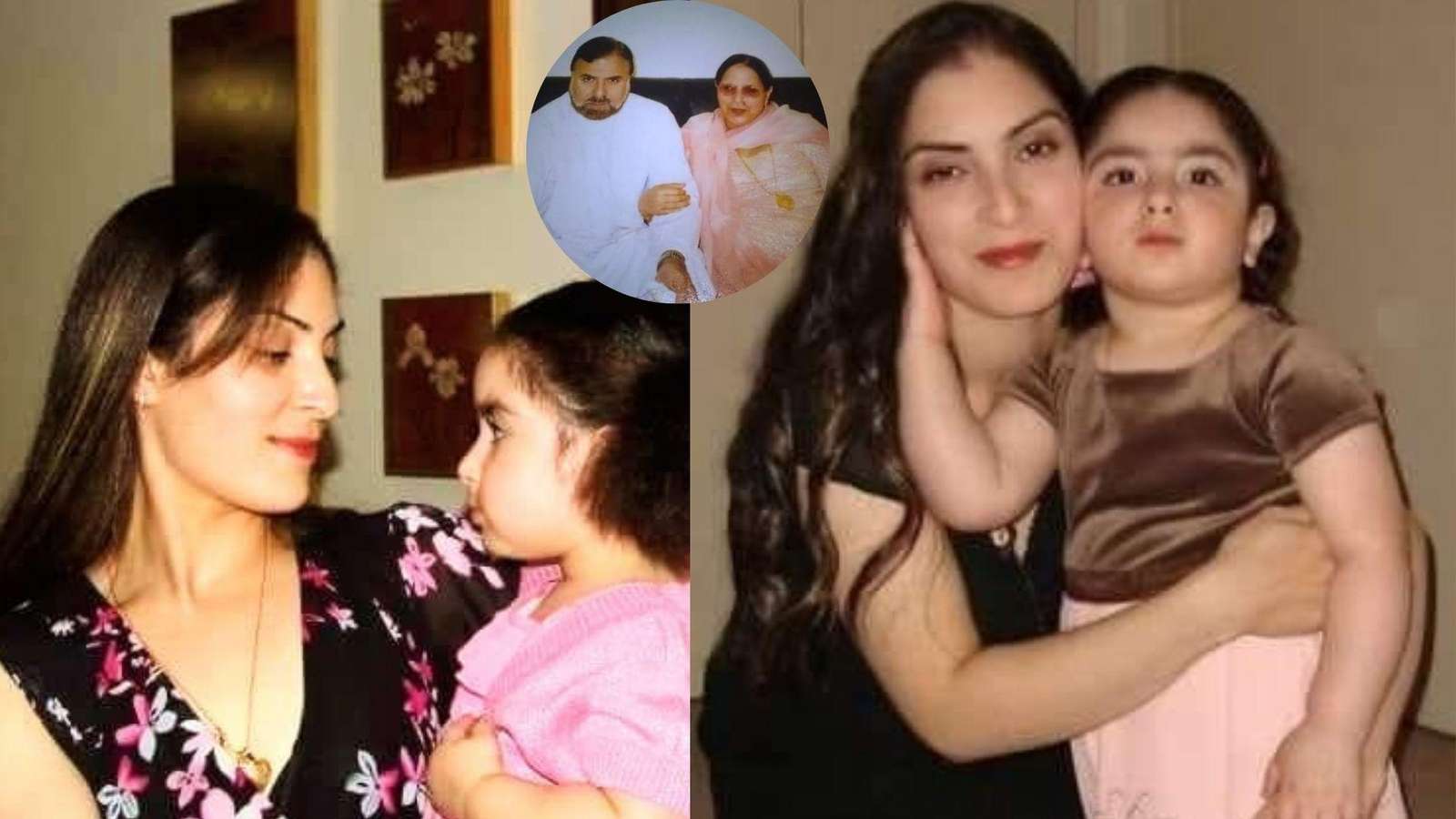
.svg)

